Have you ever been told NOT to give spelling tests?
Or heard that spelling tests aren’t a good instructional practice?
I’ve heard some misconceptions floating around about spelling tests, so I want to address those in this post!
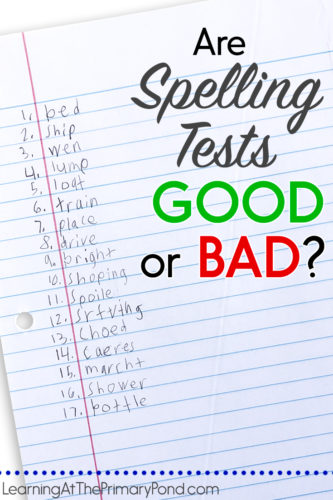
Where does the idea that spelling tests are “bad” come from?
This idea refers to “traditional” spelling tests, like the ones I took when I was growing up.
Each week, we had a list of words to memorize. Sometimes there was a pattern to the words (like all long “o” words), but often not. Sometimes the words were high frequency words or related to a science/social studies list.
The expectation was that we study (at home), and then we were tested on them on Friday.
We didn’t really do anything else with the words! We didn’t discuss phonics patterns, compare and contrast the words, or play games with them at school.
We were just expected to memorize them—and that was that.
This, I believe, is why spelling tests have gotten a bad reputation.
This way of learning words does NOT work for many students. They simply memorize the words for the spelling test and then promptly forget them. They don’t learn about patterns in words or how to generalize those patterns to spell other, similar words.
Also, everyone in my class was given the same spelling list. For some kids, the words were too difficult, and for other kids, the words were too easy.
That’s another reason why spelling tests have gotten a bad reputation—because they (traditionally) were not differentiated.
What should I be doing instead of simply having kids memorize words?
I’m glad you asked! 🙂
We need to, first and foremost, help students recognize phonics patterns in words. English—though it’s a little nutty—is made up MOSTLY of words that follow patterns. We need to teach students those patterns, as well as how to use the patterns to read and write new words.
We need to teach phonics in the context of texts, as well as out-of-context (in isolation).
We also need to teach phonics systematically and explicitly.
And we need to make sure that our phonics instruction matches students’ needs—so differentiation is essential! (A “one size fits all” spelling test for the class does not accomplish this.)
To learn more about what all this means, please read THIS POST about best practices in phonics and word study instruction!
Do spelling tests have a place in the classroom?
I believe that they do! But not “traditional” spelling tests.
After I use the instructional practices described above, I need to see if students A) can spell the words we’ve been working on, and B) transfer that learning to spell NEW words with the same pattern.
So on a spelling test, I can ask them to spell some of our focus words, as well as a new word or two.
I can also give different groups of students different tests! (You can read more about differentiating your phonics / spelling instruction in THIS POST.)
So…spelling tests aren’t “bad,” then?!
I don’t think so, but it all depends on how you use them!
If you need more support with teaching spelling and phonics to your K-2 students, help is on the way!! In 2020, I plan to release a new spelling and phonics program to help fill what I’ve observed to be a big need in our classrooms.
And in the meantime, check out my Boom learning digital phonics activities. They help kids practice phonics in a meaningful, interactive way!
I have these grade level bundles, but you can also purchase individual skill sets if you prefer:
Happy teaching!
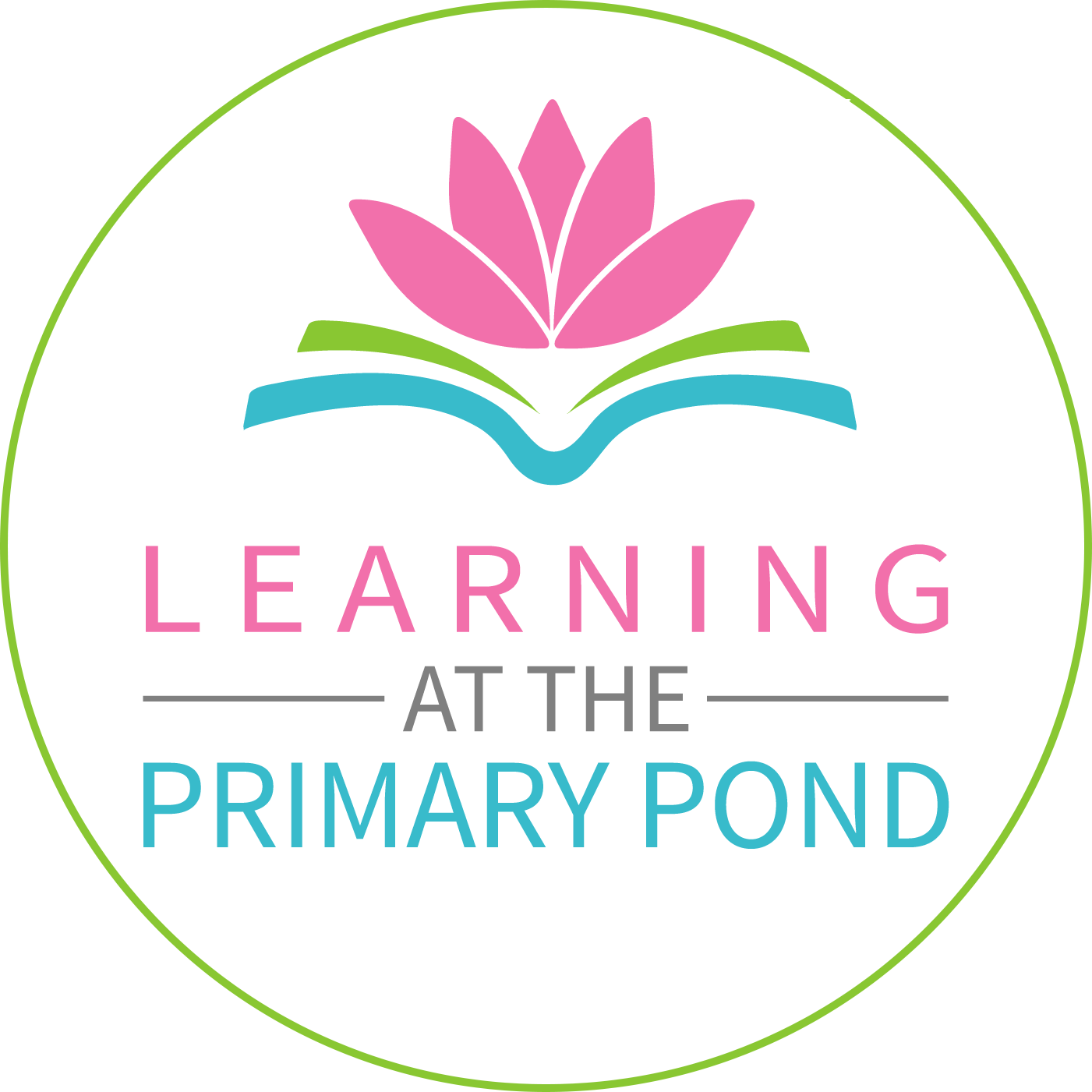




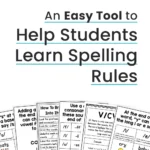
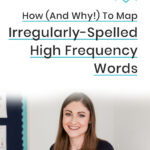
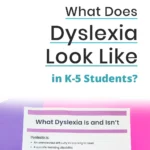


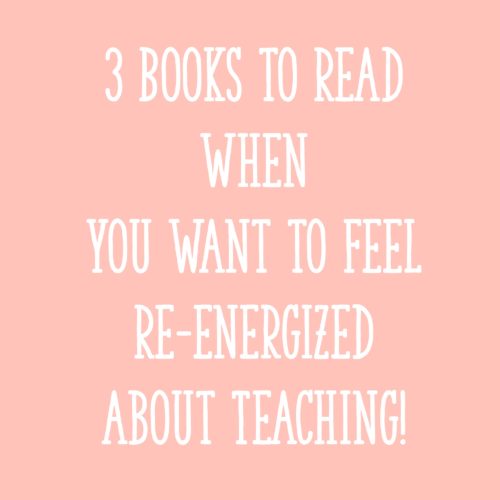

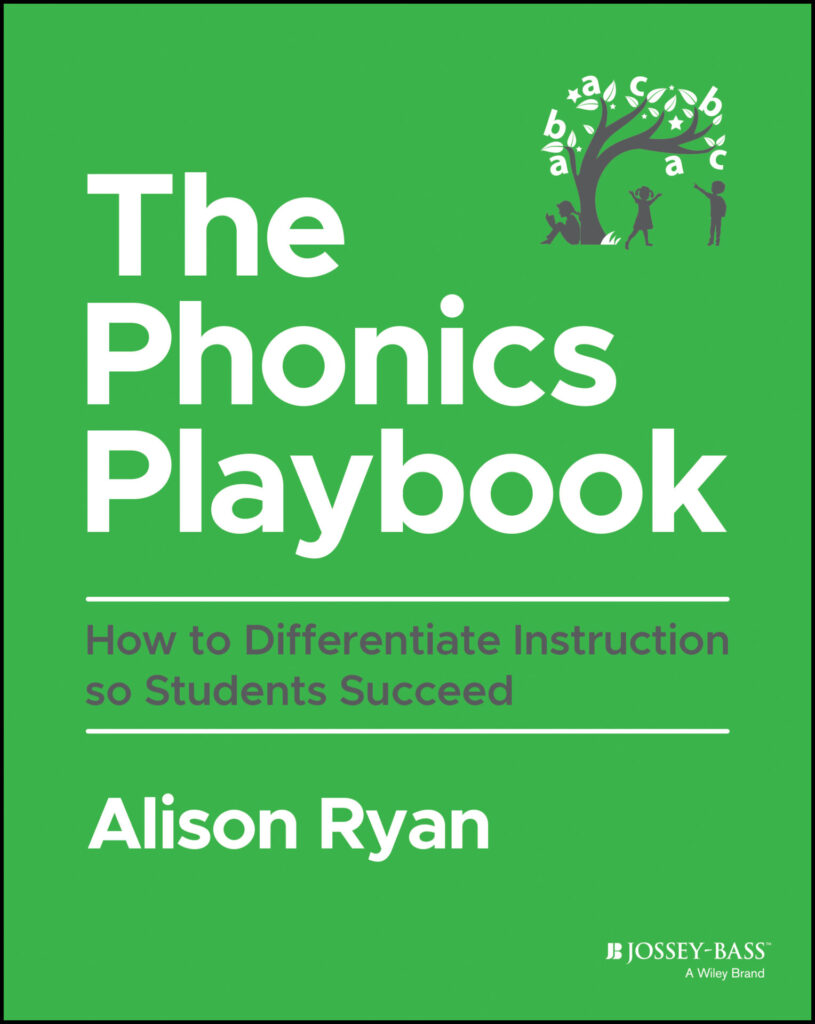
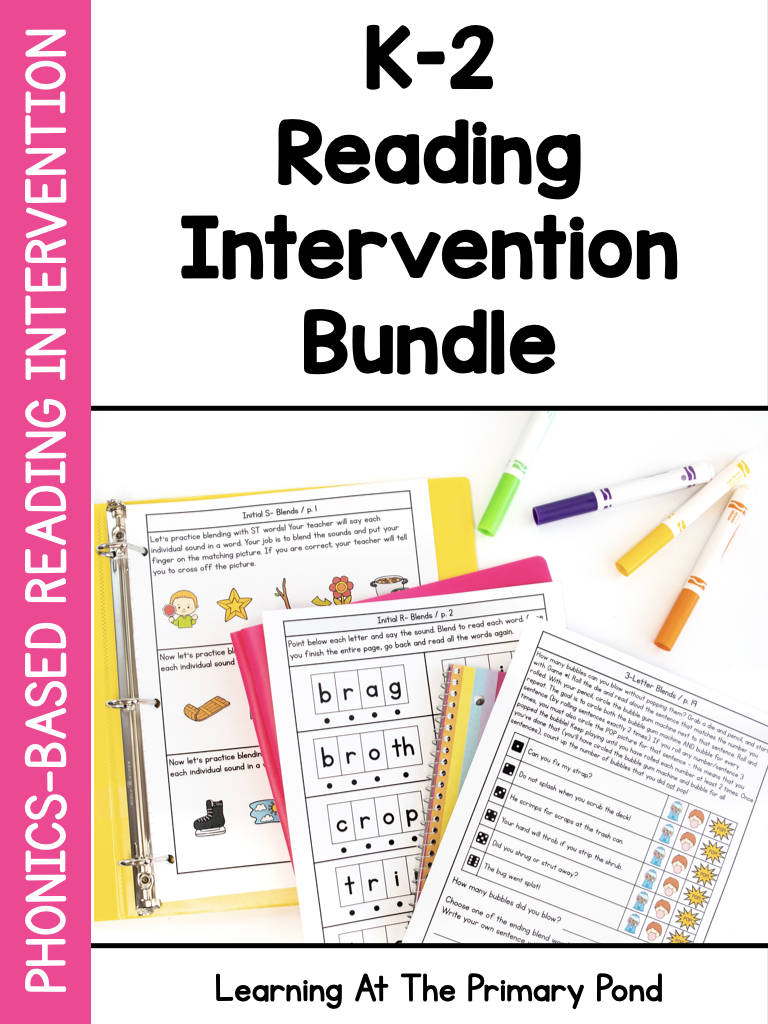
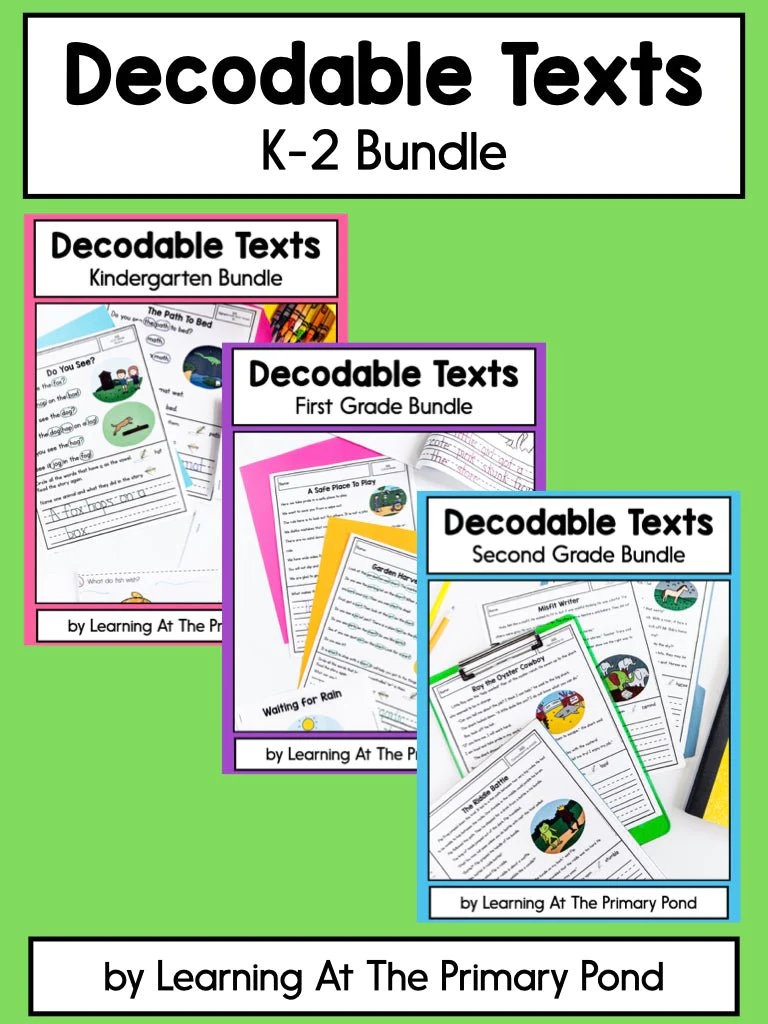

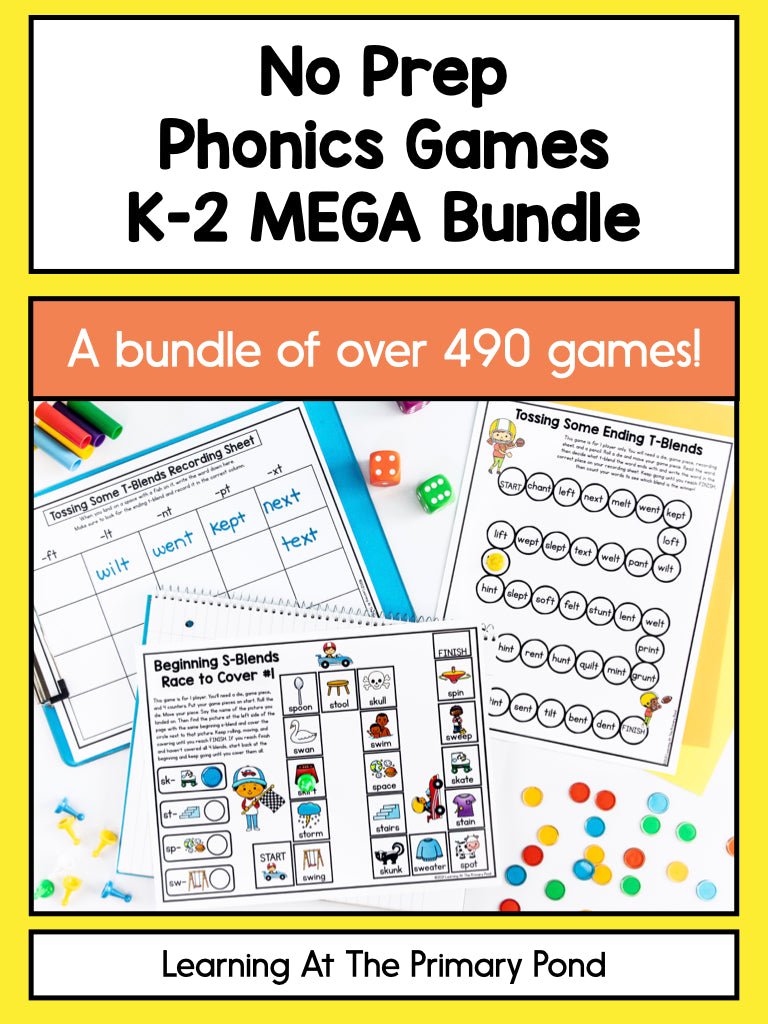
I teach Saxon phonics in my first grade classroom, the spelling tests start after week 10 and the words are only words that can be spelled using the phonics skills the kids have been taught. So they are not just memorizing the words for the spelling test, they are actually sounding out the words and spelling them. There are 2 sight words included that will have to be memorized.
My 1st grade group is starting words your way. We gave a spelling test that shows gaps in spelling so we are going to use like guided reading and group students. We have 4 teachers so each teacher will have a group that will work on a specific skill in spelling. We will see how it goes. Each teacher will be responsible for lessons and giving the spelling test on looking at the skill.
Caren, that’s awesome that you can involve multiple teachers. I hope it goes well!!
Alison
My kids love the Boom Cards phonics practice. They beg to do it.
I’m so very glad to hear that!!
Alison
I use spelling words from the Words Their Way program. I give an assessment at the beginning of the year, and from that spelling groups are formed. It’s extra work but so worth it. One group may need support with short vowels, long vowels, blends and digraphs. They are learning to spell a variety of words with specific phonetic patterns. I currently have three spelling groups.
Hi Alison! Thank you so very much for this post! I recently came across this post after listening to Reading Teachers Lounge’s podcast episode. I’m a third-grade bilingual teacher and have taught phonics and words differently. I am graduating with a Master’s as a Reading Specialist but have to say that my experience in the field was quite difficult as I normally don’t teach reading/phonics/words in the English language. I was just wondering how you would approach teaching student’s spelling words when the district gives you the lists (yes, plural because there are vocabulary words but also spelling words as… Read more »
Hi Priscilla! Do those lists have any phonics patterns on them? How many words are on the lists?
Alison
Love It!
Thanks, Ryleigh!